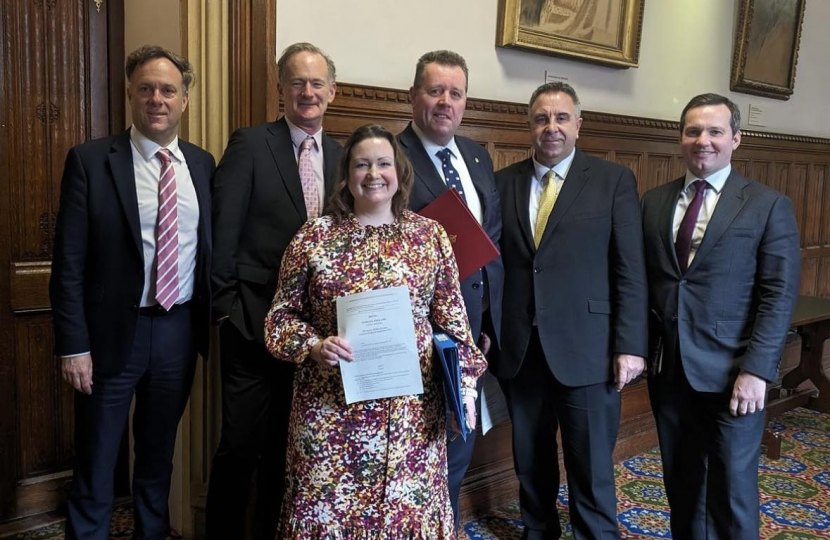
As a strong supporter for animal welfare in the UK, specifically Uxbridge and South Ruislip, I attended the Delegated Legislation Committee, where we have passed new regulations to ban anyone without a specialist licence from keeping primates as pets.
This is under the Animal Welfare Act 2006 for the purpose of promoting the welfare of primates kept in England where they are not kept under a zoo licence or a licence under the Animals (Scientific Procedures) Act 1986.
The licencing regime sets out minimum welfare standards that keepers of primates will need to meet, and that local authorities will implement and enforce.
This consultation came about as a result of 4516 responses to the 2020 Primates as Pets in England. Over 98% of expressed support for the introduction of a new prohibition on keeping primates privately in England without a relevant licence.
Views on the most recent proposals for the introduction of a specialist licence for private primate keepers in England, through regulations made under the Animal Welfare Act (2006) were invited through a 4 week consultation running from 20 June - 18 July 2023.
The consultation generated 643 responses including animal rescue organisations, veterinary professionals, representatives from primate rescue centres, zoo representative and umbrella organisations, representatives from local authorities, academics involved in primate research and primatology, a number of private primate keepers, and a large number of members of the public - specifically in Uxbridge and South Ruislip.
That's why I am proud to announce the instrument will be enforced by local authorities in accordance with future published guidance. The Department intends to publish detailed guidance for local authorities by Spring 2024, to which local authorities will be required to have due regard.
There are between 1000 and 5000 primates being held as pets in England and the majority of these are held by private keepers, which local authorities will recoup licencing costs from. Therefore, there is no significant impact on business, charities, voluntary bodies or the public sector.




